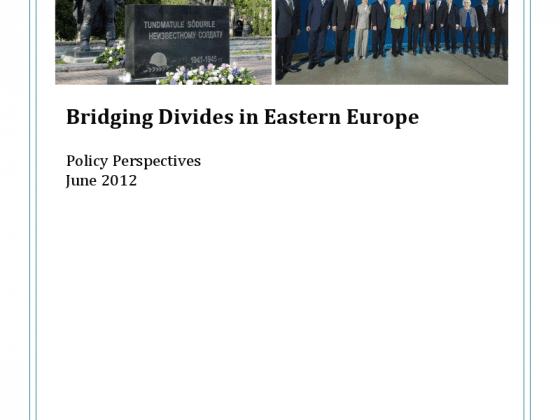The evolution of Sino-Soviet/Russian relations from an antagonistic militarized stand-off in the early 1980s to a nascent partnership today is an important development in a changing Northeast Asian security environment. In a joint statement emerging from the April 1996 summit between Boris Yeltsin and Jiang Zemin, the Chinese and the Russians announced that they were engaged in building a "strategic partnership." Some eyebrows rose in response, and a good deal of skepticism remained among Russia followers who recalled the inflated rhetoric of 1992 about the supposed "US-Russian strategic partnership." A joint Sino-Russian joint statement from April 1997 began to spell out what the strategic partnership involved as it included an anti-hegemony clause and expressed opposition to a lingering "Cold War mentality" and efforts to enlarge and strengthen military blocs. Seemingly, like the US-Russian declaratory strategic partnership of five years ago, the emerging Sino-Russian strategic partnership carries more near-term political than security weight. This brief will explore the national interests driving Russia and China to closer ties, the dynamics of the Sino-Russian relationship and the security policies of the United States and its allies in Europe and Asia, and how we should begin thinking of a Eurasian security community. […]
Memo #:
11
Series:
1
PDF:
PDF URL:
http://www.gwu.edu/~ieresgwu/assets/docs/ponars/pm_0011.pdf









